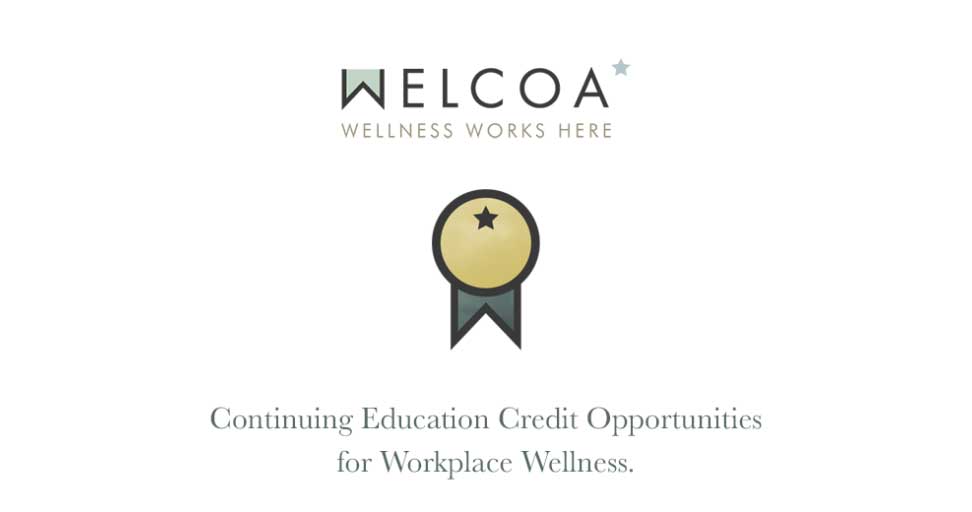
Navigating Adolescence: Holistic Wellness Education for Teens
Adolescence is a critical stage of development, and holistic wellness education plays a crucial role in guiding teens through this transformative journey. This article delves into the importance of adolescent wellness education, exploring key aspects that contribute to the overall well-being of teenagers.
Understanding the Adolescent Phase: A Time of Change and Growth
Adolescence is marked by significant physical, emotional, and social changes. Understanding this unique phase is fundamental to providing effective wellness education for teens. It involves recognizing the challenges they may face, such as identity exploration, peer pressure, and the impact of hormonal changes on both physical and mental health.
Comprehensive Mental Health Education: Nurturing Emotional Well-Being
Mental health education is a cornerstone of adolescent wellness. It equips teens with the knowledge and skills to navigate the complexities of their emotions, cope with stress, and seek support when needed. By fostering emotional resilience, mental health education contributes to a healthier mindset during the turbulent adolescent years.
Physical Wellness: Promoting Healthy Habits and Body Positivity
Adolescent wellness education emphasizes the importance of physical well-being. This includes educating teens about nutrition, exercise, and the significance of a healthy lifestyle. Additionally, promoting body positivity and self-acceptance is integral to helping teens develop a healthy relationship with their bodies during this formative period.
Sexual Education for Informed Choices: Navigating Relationships and Consent
Holistic adolescent wellness education incorporates comprehensive sexual education. This involves providing accurate information about reproductive health, relationships, and consent. Empowering teens with knowledge enables them to make informed choices, fostering healthy relationships and responsible decision-making.
Social and Peer Dynamics: Building Positive Connections
Navigating social and peer dynamics is a significant aspect of adolescent wellness. Education in this realm involves addressing issues such as peer pressure, bullying, and the importance of building positive connections. Teaching effective communication and interpersonal skills contributes to teens forming healthy relationships and a strong support system.
Educational and Career Guidance: Planning for the Future
Wellness education for teens extends beyond personal development to encompass educational and career guidance. Adolescents are introduced to the importance of goal-setting, exploring career options, and making informed decisions about their academic and professional paths. This holistic approach ensures teens are equipped for a successful future.
Digital Wellness: Navigating the Online World Responsibly
In the digital age, adolescent wellness education addresses the impact of technology on well-being. This includes educating teens about responsible online behavior, digital citizenship, and the potential effects of excessive screen time on mental health. Developing digital literacy ensures teens engage with technology in a mindful and balanced way.
Substance Abuse Prevention: Making Informed Choices
Adolescent wellness education includes substance abuse prevention, raising awareness about the risks associated with drug and alcohol use. Educating teens about the potential consequences and providing strategies for making informed choices equips them to resist peer pressure and prioritize their well-being.
Adolescent Wellness Education: Empowering Teens for Life
For additional resources and support in adolescent wellness education, explore Adolescent Wellness Education. This dedicated platform offers valuable information, expert advice, and guidance to empower teens as they navigate the various aspects of their well-being during this transformative phase.
In conclusion, adolescent wellness education is a vital investment in the holistic development of teens. By addressing the physical, mental, social, and educational dimensions of their well-being, education empowers adolescents to make informed choices, build resilience, and navigate the challenges of this transformative phase with confidence.

